As the canning community grows the need for new and educational post are so important. With all the information available to a newbie regarding canning on the web I am writing the list of the “do not can” ingredients and foods. Some of the listed ingredients are safe in other ways such as pumpkin is not safe to can mashed or as a pumpkin butter, but you can put up cubed pumpkin in a pressure canner.
What you are “able” to put into jars is a much longer canning list than those you can’t so for any additions to the list below I will continue to update as I find or research either the ones that I missed or ingredients that have changed their “status”.
Reasons for not using the products below:
For Fats and Dairy these products will go rancid and develop bacteria within your jar if left unrefrigerated and mixed in with other ingredients to form a recipe.
Oats, wheat, and flour products will also go rancid but also during processing the heat will not penetrate through the recipe and as such will not kill the bacteria in the jar. That would be the same for any “mashed” vegetable like mash potatoes, butternut squash or pumpkin. This is one reason why doing a “pie in a jar” or “cake in a jar” is not a good idea.
For pasta or noodles, because they are made of flour they will breakdown in the jar during the 75 minutes to process in the pressure canner and you will be left with mush at the bottom of the jar. Also most pasta and noodles are made with eggs.
In the case of the thickeners the cornstarch, tapioca, and arrowroot they will breakdown and I found out first hand what cornstarch does to a canned apple pie filling.
With broccoli and other veggies listed below the heat from pressure canning will destroy the flavor and render them mushy for the amount of time that it will take to be safe in processing. As you can see some of them will be great pickled using a vinegar brine for water bathing.
Fruits such as bananas also have a thickness that the heat will not destroy the bacteria during the water bath process.
Sweets such as caramel has butter which again is in the fat category, and marshmallows, which will just not be the same after a good waterbath!
Lastly, with meat you want to use a leaner meat. Pate and liver during the pressure canning will not heat through to penetrate and kill all the bacteria including any natural bacteria from canning organ meats.

Fats: Oil (by itself, there are two safe recipes using a oil/vinegar brine: Marinated Peppers and Marinated Mushrooms), mayonnaise
Dairy: butter, milk, cheese, sour cream, cream (whipping or heavy), yogurt (greek or other), buttermilk, goat or any other animal milk, tofu, soy

Do not add:
Oats, wheat, barley, grains, rice, bread, noodles or pasta, hominy, crackers, biscuits, pie dough, eggs
Do not use thickeners:
Cornstarch, tapioca, arrowroot, flour, Wondra flour, cornmeal, soup bases, package mixes like taco mix or ranch dressing
Veggies: broccoli, brussel sprouts (pickled ok), cabbage(pickled ok, Sauerkraut) cauliflower (pickle ok), eggplant (pickled ok), summer squash (pickled ok), olives (pickled ok), lettuce, artichokes, mashed parsnips, mashed squash, mash potatoes, mashed pumpkin
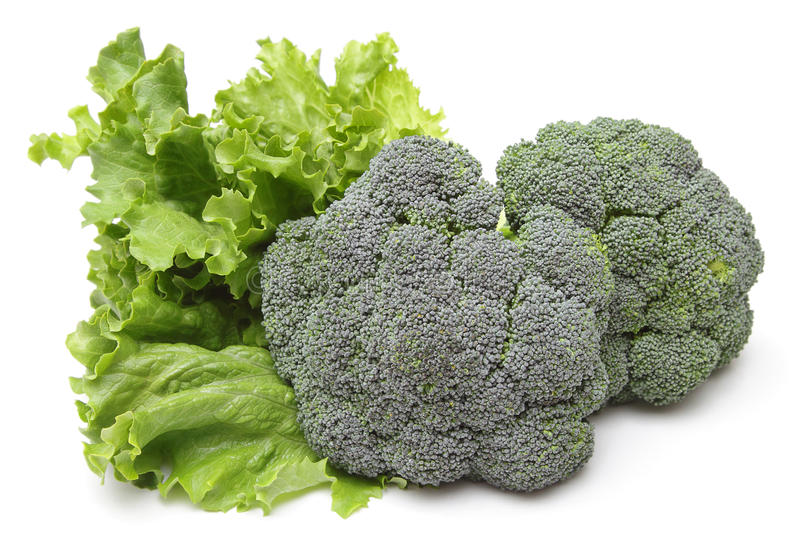
Food recipes: pumpkin butter, pudding, cream soups or cream veggies, refried beans, peanut butter, Pesto, chocolate made from milk solids, quickbreads
Fruits: mashed bananas, avocados, coconut milk

Meats: avoid high fat , pate (duck, beef ), liver and giblets (chicken, beef), hot dogs, meats with fillers
Candy: caramels, peppermints, marshmallow
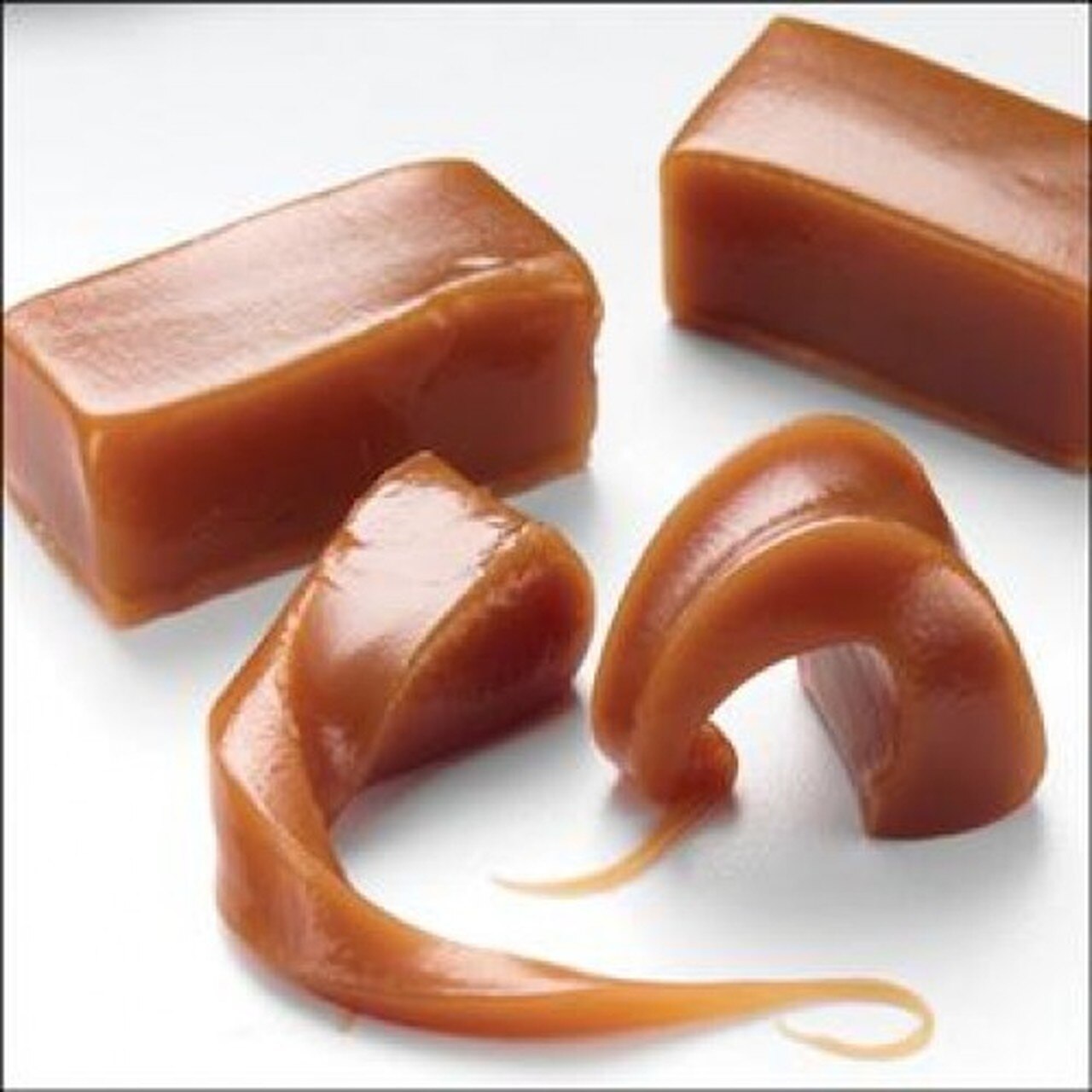
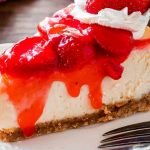
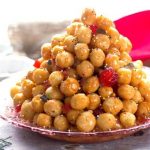
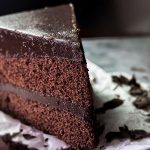
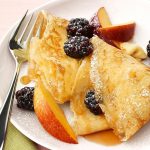
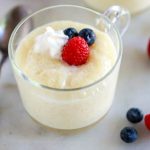
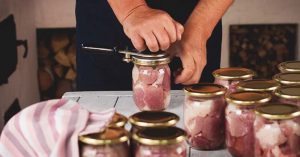
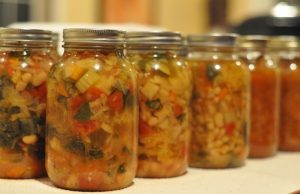
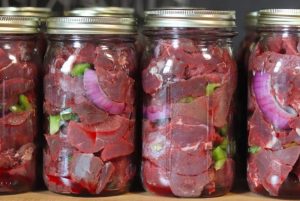
2 Comments
Michele
Posted on: May 4, 2019I am a new canning gal! Wish me luck!
Rod
Posted on: May 4, 2019Why can you not can vegetable butters but it’s ok to can fruit butters? If the texture and viscosity are the same, and if you are adding acid (lemon juice), what is the problem? Can you please explain the logic for this use case, because it does not make sense to me. Even if you have to pressure can the vegetable butter (even after adding acid), if the texture and viscosity are the same, it doesn’t make sense why the heat would not penetrate equally to kill any bacteria. I get that this would not apply to straight up vegetable (and some fruit) purees because they are extremely thick, but butters are not. Also, can you can things using ultra pasteurized milk products like Fairlife, or using shelf stable milk products that are intended to be stored unrefrigerated in a box?